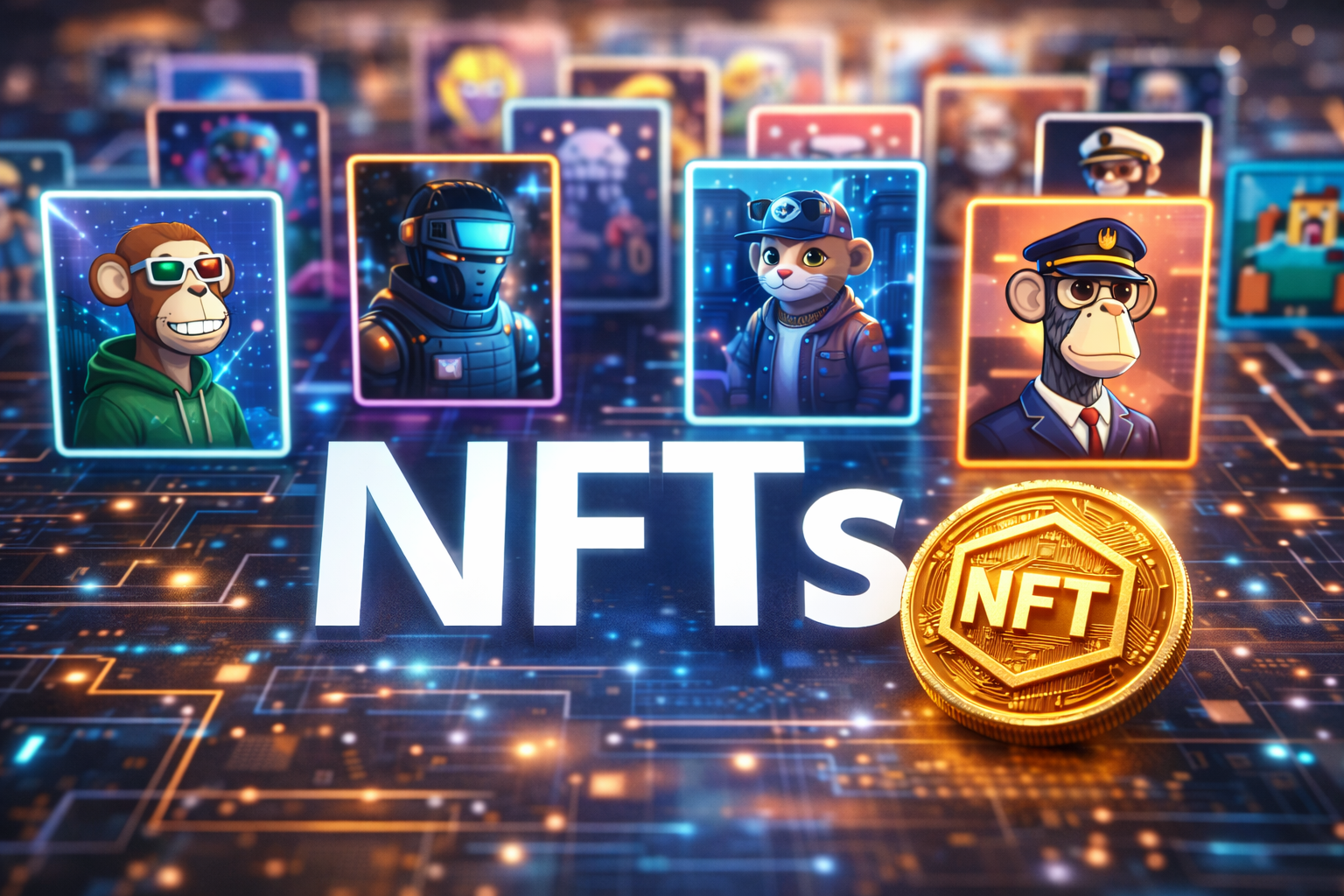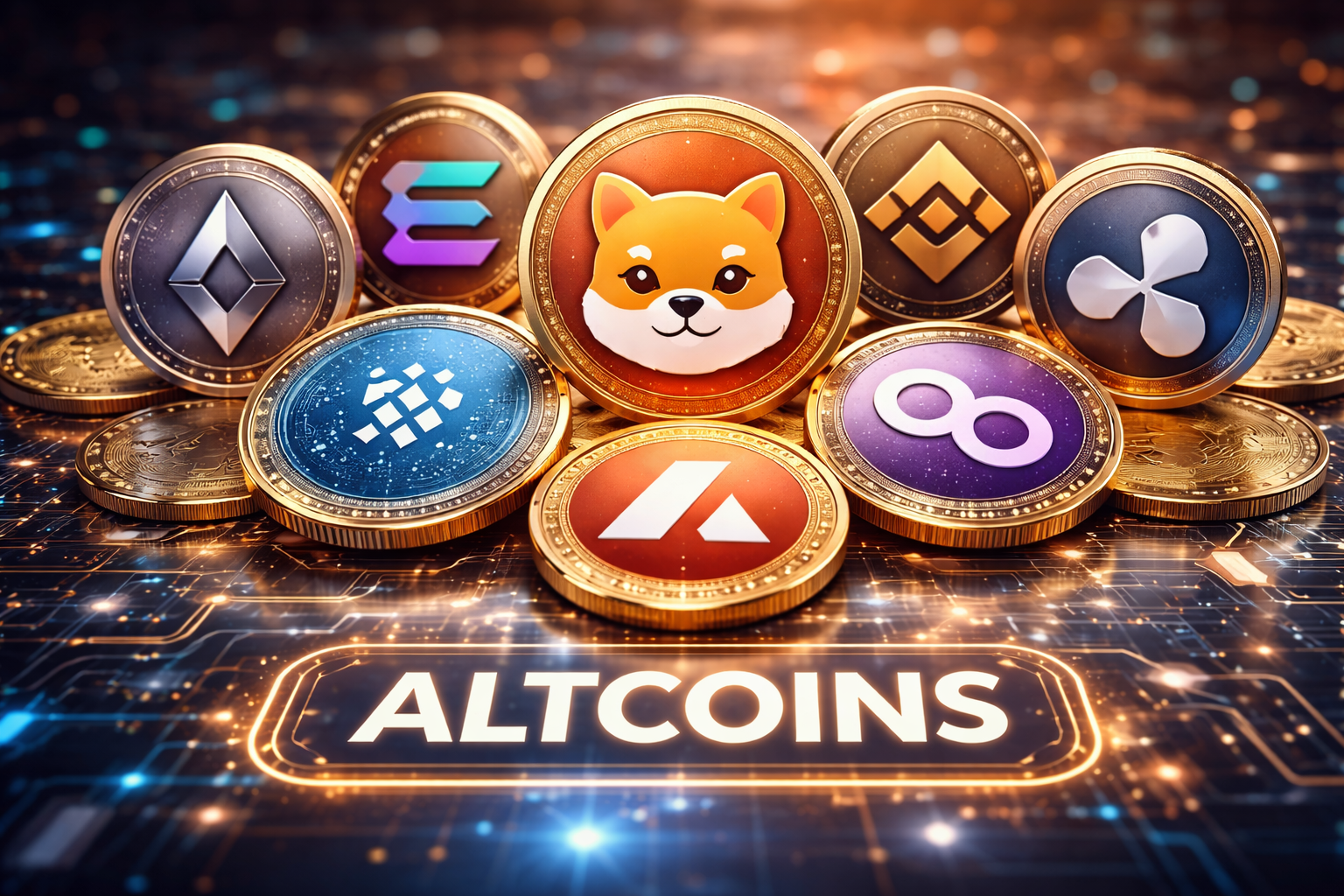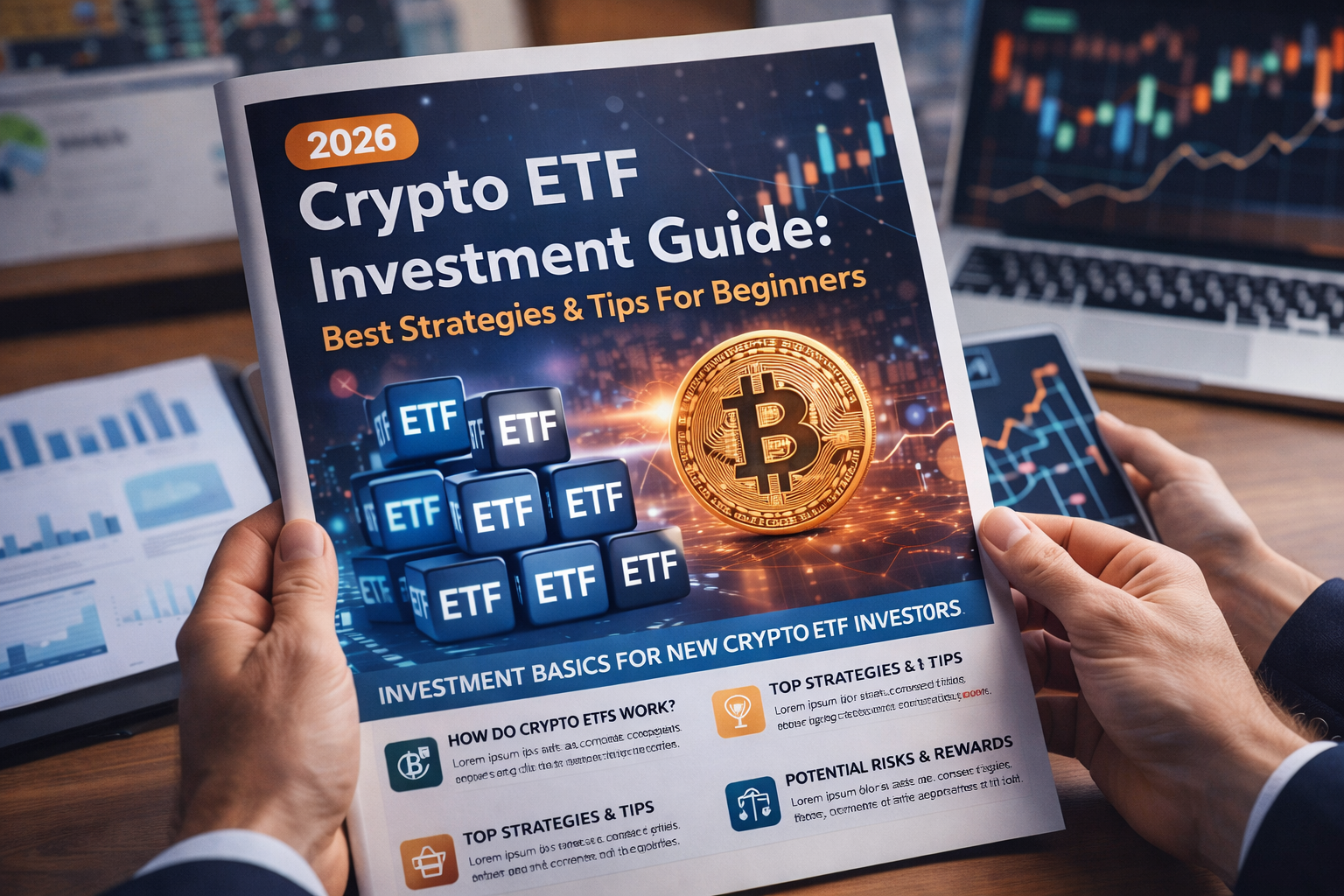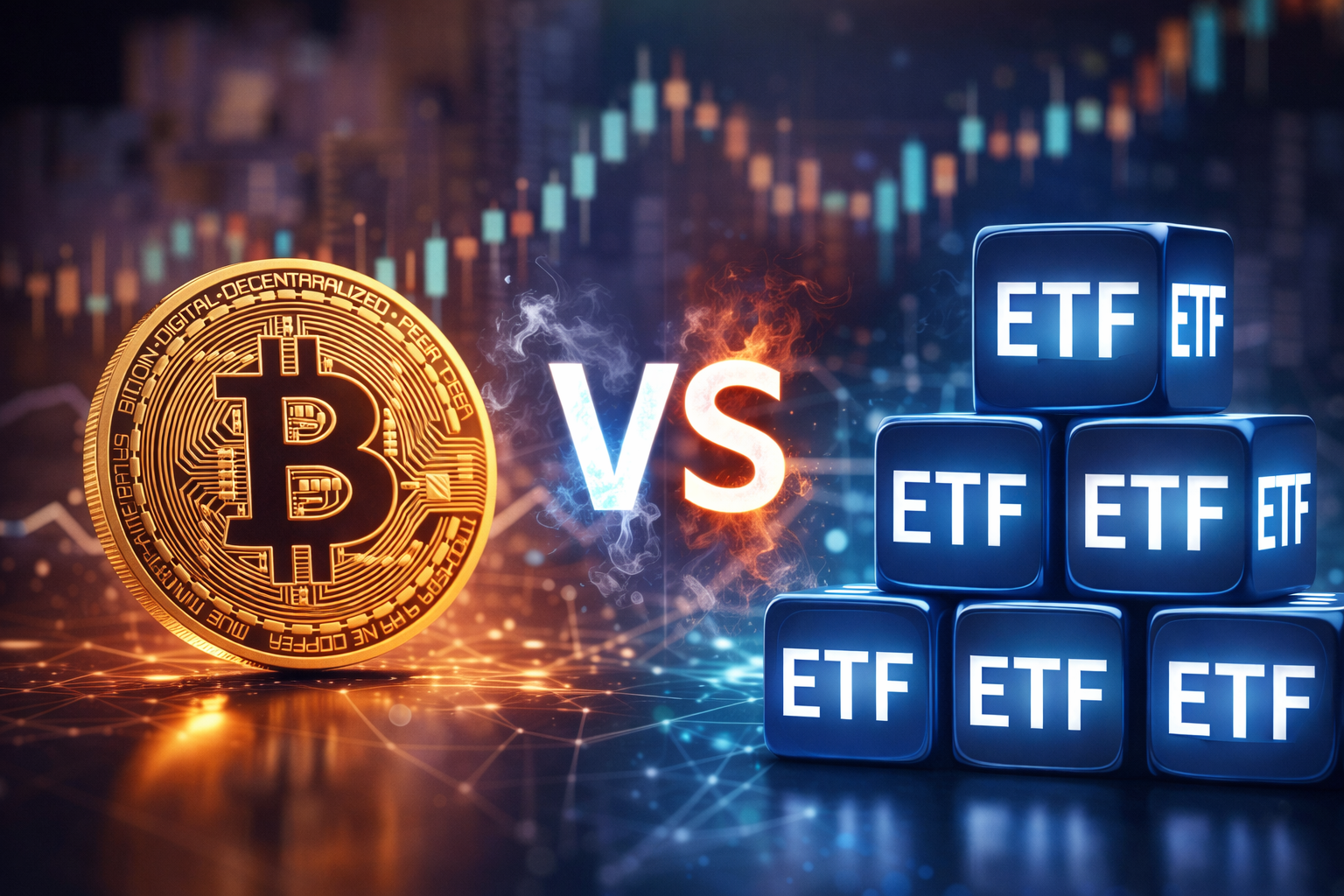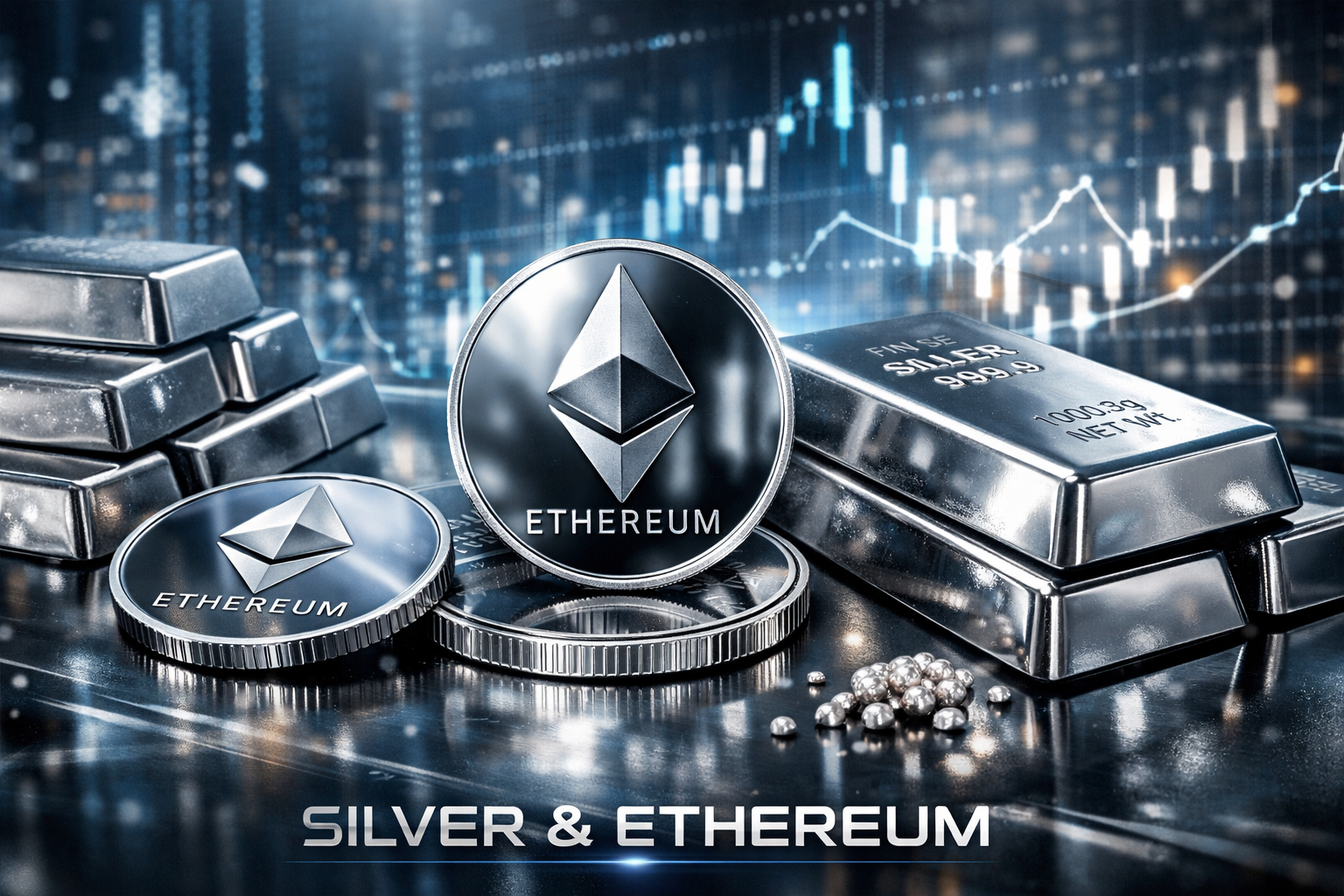
James Carter
How Does an NFT Make Money? Here’s What You Need to Know
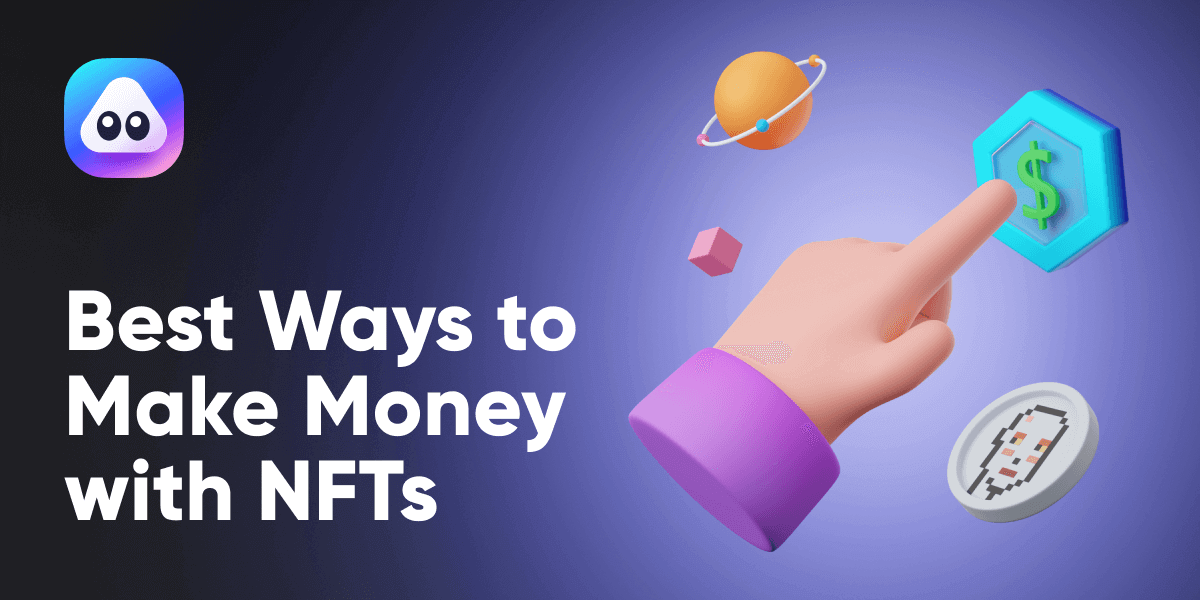
In recent years, non-fungible tokens (NFTs) have emerged as a significant force in the digital economy. With their unique properties and utilization of blockchain technology, NFTs have revolutionized the way we perceive and transact with digital assets. This article aims to answer on How Does an NFT Make Money? and their impact on industries such as art, gaming, and entertainment.
Understanding NFTs
To grasp how NFTs make money, it is crucial to comprehend their fundamental characteristics. Unlike cryptocurrencies such as Bitcoin or Ethereum, which are fungible and interchangeable, NFTs are indivisible and unique. Each NFT represents a distinct digital item, whether it’s artwork, collectibles, or virtual assets. NFTs derive their authenticity and scarcity from blockchain technology, specifically through smart contracts and decentralized ledgers.
Key Components of an NFT
NFTs consist of essential components that contribute to their value and revenue generation potential. These components include:
Metadata:
NFTs contain descriptive data that defines their characteristics, such as title, artist, description, and provenance. This information is stored on the blockchain and adds value to the digital asset.
Digital Asset:
The NFT itself represents the digital item, whether it’s an image, video, music file, or virtual object. The ownership and provenance of the digital asset are secured through the NFT’s unique identifier.
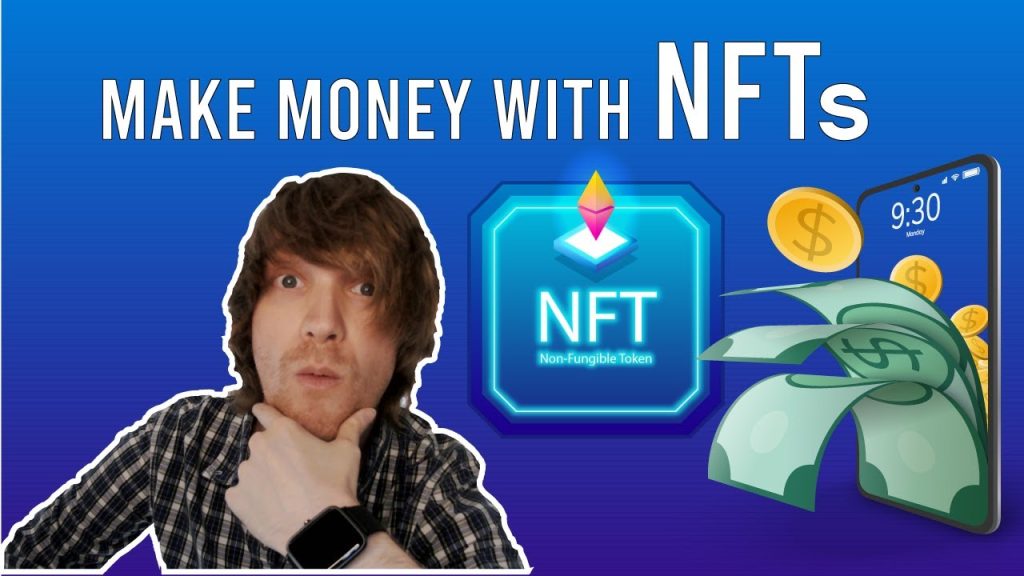
Smart Contracts:
NFTs utilize smart contracts to automate and enforce certain conditions, such as royalties and licensing agreements. These contracts enable creators to earn a portion of future sales and control the usage rights of their NFTs.
How Does an NFT Make Money?
Initial Sale of NFTs
The primary revenue stream for creators and artists in the NFT space comes from the initial sale of NFTs. This can occur through various channels, including auctions and direct sales on NFT marketplaces. Auctions allow creators to maximize the value of their NFTs by creating a competitive bidding environment. On the other hand, direct sales provide a straightforward transaction process for interested buyers.
Royalties and Secondary Sales
One of the groundbreaking features of NFTs is the ability to earn royalties from secondary sales. Through smart contracts, creators can set a percentage fee that they receive every time their NFT is resold on the secondary market. This mechanism ensures ongoing revenue for creators even after the initial sale. Royalties empower artists and content creators by establishing a long-term revenue stream and aligning their interests with the appreciation of their work.
Licensing and Intellectual Property Rights
NFTs also offer opportunities for licensing and monetizing intellectual property. Creators can tokenize their artworks or collectibles and license them for use in other projects, such as games, virtual worlds, or digital publications. This allows for broader exposure and commercialization of the NFT, opening new avenues for revenue generation.
NFTs in Various Industries
Art and Collectibles
The art world has witnessed a significant transformation with the advent of NFTs. Digital artists can now sell their artwork directly to collectors without the need for intermediaries. NFTs provide a secure and transparent way to prove ownership and establish provenance for digital art pieces. Moreover, rare and unique collectibles, such as virtual trading cards or virtual real estate, have gained popularity in the NFT space, creating lucrative opportunities for collectors and investors.
Gaming and Virtual Assets
NFTs have immense potential within the gaming industry, where virtual assets hold significant value for players. In-game items, skins, and accessories can be tokenized as NFTs, allowing players to own and trade them outside of the game ecosystem. This opens up possibilities for a secondary market where players can buy, sell, and exchange virtual assets. Additionally, NFTs enable the concept of virtual real estate and land ownership within virtual worlds. Players can purchase and develop virtual properties, creating a unique and valuable asset class within the gaming industry.
Music and Entertainment
The music and entertainment industries have also embraced NFTs as a means of monetizing content and engaging with fans. Musicians can tokenize their music and albums, offering limited editions or exclusive content to their audience. NFTs allow artists to establish direct connections with their fans, as ownership of an NFT can grant access to exclusive experiences, backstage passes, or even future royalties. This new model of fan engagement and monetization has the potential to reshape the music and entertainment landscape.
Factors Influencing NFT Valuations
When it comes to the valuation of NFTs, several factors come into play. Understanding these factors is crucial for creators, collectors, and investors in the NFT space. Some of the key factors include:
Rarity and Scarcity:
The scarcity of an NFT greatly influences its value. Items that are limited in quantity or possess unique characteristics tend to attract higher prices in the market. The concept of rarity plays a significant role in determining the perceived value of NFTs.
Reputation and Popularity of Creators:
The reputation and popularity of the creator or artist behind an NFT can impact its value. Established artists or creators with a strong following are more likely to command higher prices and generate greater demand for their NFTs.
Utility and Functionality of NFTs:
The utility and functionality of an NFT can affect its value. NFTs that have practical applications, such as granting access to exclusive content or unlocking special features, tend to be more valuable than those with purely aesthetic value.
Risks and Challenges in NFT Investments
While NFTs offer significant revenue generation potential, there are risks and challenges that need to be considered:
Volatility and Speculative Nature:
The NFT market is highly volatile, with prices fluctuating rapidly. Speculation and hype can drive prices to unsustainable levels, leading to potential risks for investors. It is essential to approach NFT investments with caution and conduct thorough research.
Lack of Regulation and Fraudulent Activities:
The NFT space is relatively new and lacks comprehensive regulation. This opens the door to potential fraudulent activities, including fake NFTs or misleading representations. Investors and participants should exercise due diligence and verify the authenticity and legitimacy of NFTs before engaging in transactions.
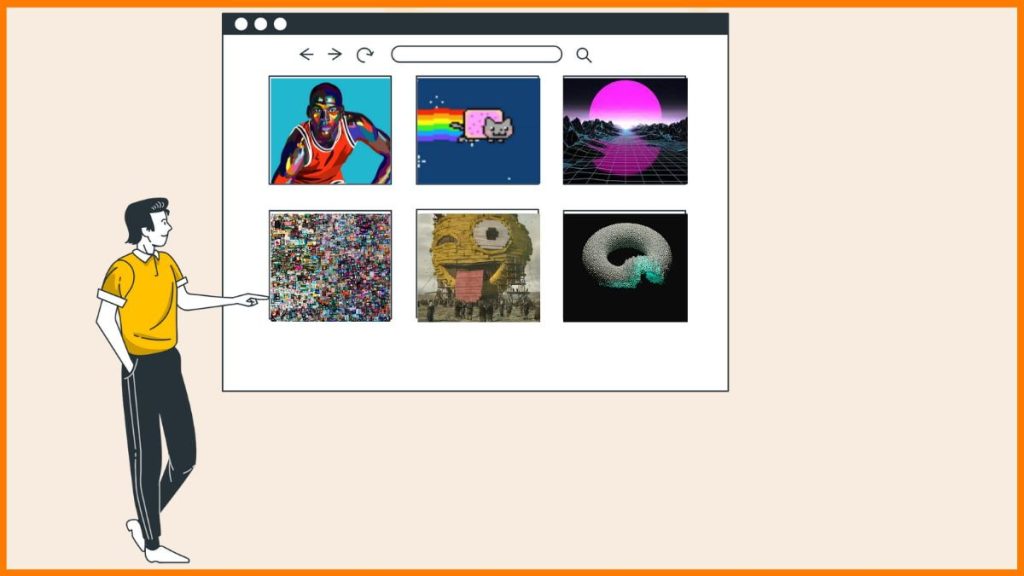
Environmental Impact of Blockchain Networks:
NFTs rely on blockchain technology, which consumes significant amounts of energy. The environmental impact of blockchain networks, particularly those using proof-of-work consensus mechanisms, has raised concerns regarding sustainability. It is essential for the industry to explore more energy-efficient alternatives to minimize the carbon footprint of NFT transactions.
Summary
Non-fungible tokens have introduced a paradigm shift in how we perceive, create, and transact with digital assets. The revenue generation potential of NFTs is vast, encompassing initial sales, royalties, licensing, and more. NFTs have disrupted traditional industries such as art, gaming, and entertainment, offering new opportunities for creators, collectors, and investors.
However, it is important to navigate the NFT space with careful consideration of factors influencing valuations and an awareness of associated risks and challenges. As the industry evolves, it is crucial for stakeholders to foster transparency, establish best practices, and address environmental concerns.
The future of NFTs holds exciting possibilities, from further integration with virtual worlds to innovative monetization models for content creators. By understanding how NFTs generate revenue and embracing responsible practices, individuals and industries
Latest
NFT
03 Feb 2026
NFT
20 Jun 2024
NFT
19 Apr 2024






